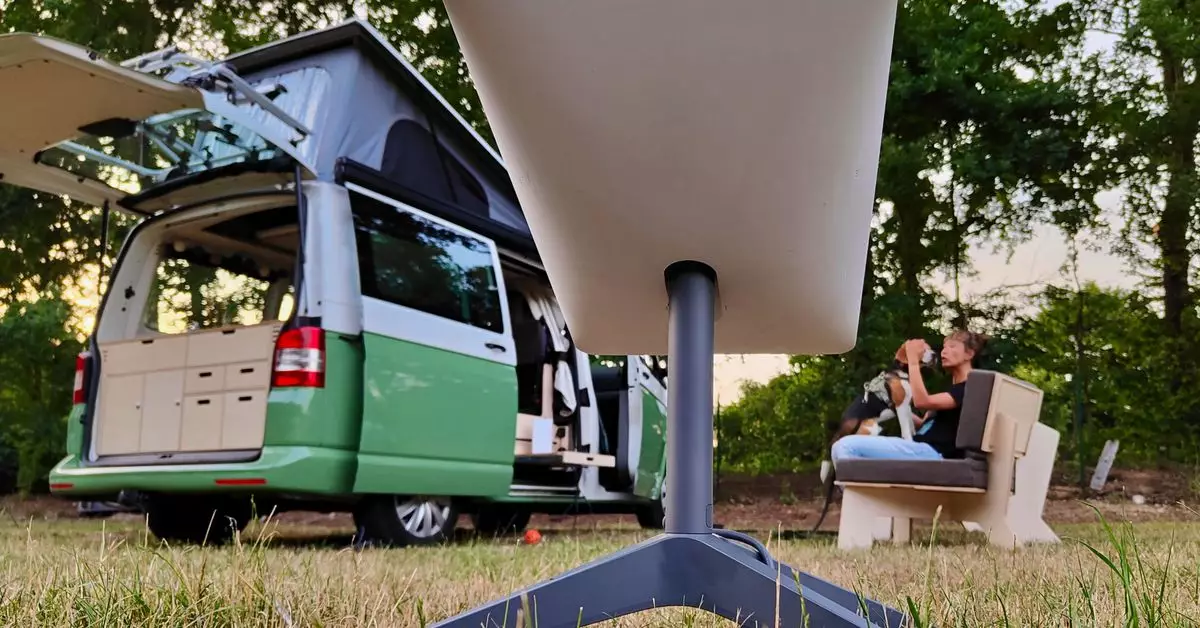In a game-changing move toward enhancing digital infrastructure, the European Union has recently inked a groundbreaking agreement for a constellation of 290 communication satellites known as IRIS². This ambitious project, positioned as a competitor to Elon Musk’s Starlink, aims to provide robust and secure internet connectivity to not just governmental entities but also private enterprises and European citizens. With a staggering price tag of €10.6 billion (approximately $11 billion), the initiative is anticipated to improve internet accessibility across Europe, especially in remote areas often regarded as dead zones for reliable connectivity. By 2030, IRIS² is expected to come online, marking a significant leap in Europe’s digital landscape.
The consortium spearheading the IRIS² project, dubbed SpaceRISE, comprises prominent European satellite network operators such as SES, Eutelsat, and Hispasat. Additionally, well-respected subcontractors like Airbus and Deutsche Telekom are teaming up to bring this project to fruition. The arrangement encompasses a 12-year concession contract, allowing the consortium ample time and resources to develop, deploy, and operate the satellite network. This collaboration reflects the European Union’s commitment to creating cutting-edge infrastructure while fostering public-private partnerships that encourage innovation and drive economic growth across the continent.
One of the critical aspects of the IRIS² initiative is its emphasis on strategic autonomy for Europe. Henna Virkkunen, Executive Vice-President for Tech Sovereignty, Security, and Democracy, highlighted this sentiment by stating that the constellation will protect essential infrastructures while enhancing connectivity in isolated regions. In a world increasingly reliant on satellite technology, having an independent and secure communication network is paramount. The IRIS² project is not merely about providing internet access; it represents a significant step towards bolstering Europe’s independence in tech and communication sectors.
The move comes amid mounting calls for increased competition in the satellite internet domain, particularly against the backdrop of growing concerns over monopolies. FCC chair Jessica Rosenworcel echoed this sentiment by advocating for competition beyond Musk’s Starlink, which has already established a massive presence with over 7,000 satellites in orbit since its launch in 2018. The emergence of IRIS² serves as a reaction to these calls, paving the way for a more competitive environment in the telecommunications sector, potentially leading to better services and prices for consumers.
The launch of the IRIS² satellite constellation epitomizes Europe’s commitment to harnessing technology for the greater good, extending connectivity to those who need it most and ensuring a secure infrastructure. The public-private partnership at the heart of this project signals a new era of collaboration aimed at solving contemporary digital challenges. As Europe prepares for the rollout of IRIS² by 2030, the anticipated benefits for both citizens and businesses promise to reshape the continent’s connectivity landscape, fostering innovation, economic growth, and strategic autonomy.


Leave a Reply